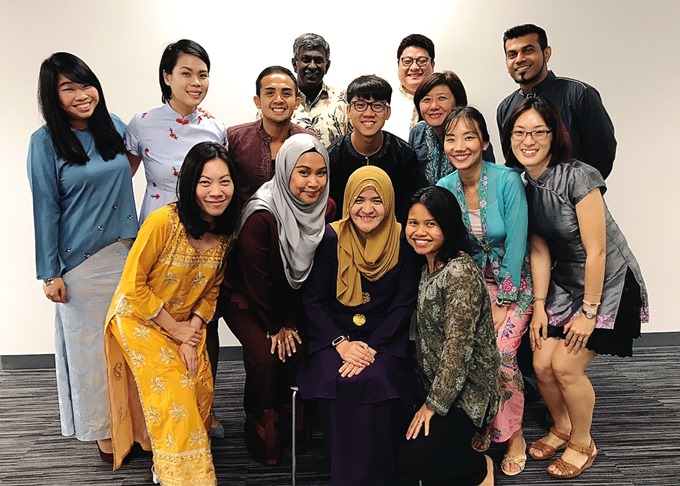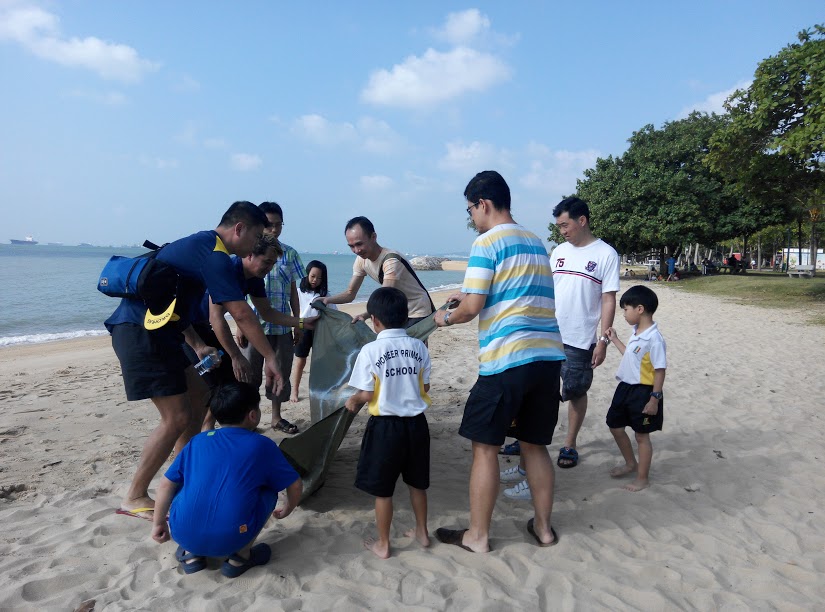What is Social Studies?
Social Studies, at primary and secondary level, helps students to understand the interconnectedness of Singapore and the world they live in, and appreciate the complexities of the human experience. Students explore the complex tensions that characterise issues happening around the world and in Singapore. Their learning starts at primary level and is explored in greater depth at the secondary level.
Upper Secondary Social Studies focuses on the explicit teaching of thinking skills to assess and manage real-life information in meaningful ways. It also aims to build a deep sense of rootedness to the nation. The subject is interdisciplinary in nature, combining subjects such as Geography, History, Sociology, Political Science and Economics.
What is the value of learning Social Studies?
1. Understanding and appreciating real-world issues and Singapore society
Social Studies ignites a curiosity about real-world issues. It helps students to understand developments that are taking place in society and the world as well as their roles in shaping the future of the nation.
Students will explore contemporary and global issues related to governance, their roles as citizens, living in a diverse society and globalisation. These are issues that affect the lives of our children as young citizens, and this prepares them for the responsibilities they need to exercise judiciously as adults in future. Social Studies encourages students to engage in policy issues instead of just relying on the government to achieve desired outcomes.
2. Develops critical thinking skills
Social Studies requires students to analyse multiple perspectives of a particular issue before reaching their own well-reasoned conclusion. Through inquiry and authentic learning experiences, students explore societal and global issues by constructing explanations, evaluating and interpreting information through making inferences, analysing evidence, comparing and contrasting perspectives, and drawing well-reasoned and substantiated conclusion.
They will also be equipped to identify and suggest insightful approaches to societal issues so that they can take ownership of their impact on societal outcomes as constructive citizens of Singapore.
In this digital age of widespread both real and fake news, the skills they learn in Social Studies enable them to discern the credibility of the information they receive. The thinking skills are highly relevant in a workplace and will help them to tackle challenges posed by an uncertain future.
How can I support my child in his or her study of Social Studies?
Albert Einstein, in his letter to Thomas Edison, once said, “The value of an education…is not the learning of many facts, but the training of the mind to think something that cannot be learnt from textbooks.”
Social Studies encourages children to be cognisant and interested about the world we live in. Here are some tips on how parents can support children:
1. Encourage them to read widely, especially on current affairs, as well as listen to/watch news and documentaries
Increase their exposure to current issues that take place both in Singapore and around the world. These habits will heighten their awareness and interest in the events and developments taking place in Singapore and around the world.
2. Reflect on issues they read, listen or watch
Encourage children to think through what they have read, listened to or watched. As they try to make sense of these issues, they will be more aware of their own beliefs and assumptions. They can reflect and construct their understanding of the world they live in.
1. Allow children to share their perspectives
Have conversations about current issues in Singapore and around the world. Ask your children for their initial perspectives before discussing other possible perspectives. Help them to understand the various situations that led to the perspectives being presented as such. Encourage them to develop their own opinion, and explain their reasons, after understanding and analysing these perspectives. This process empowers to discern and provide well-reasoned conclusions on issues that arise.
Enjoy having these conversations with your child!





.jpg)
